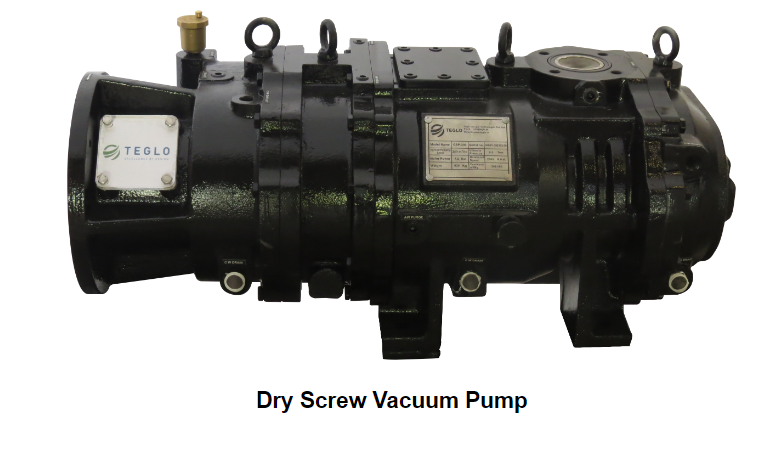
India’s economy is significantly driven by its Micro, Small, and Medium Enterprises (MSMEs). To streamline the process of registering and categorizing these enterprises, the Government of India introduced the Udyam Registration. This initiative aims to simplify the registration process, provide numerous benefits, and boost the growth of manufacturing units. In this guide, we will delve into the details of Udyam Registration, its importance, the registration process, and the benefits for manufacturing units.
What is Udyam Registration?
Udyam Registration is a government initiative under the Ministry of Micro, Small, and Medium Enterprises (MSME). It is an online process that replaces the older Udyog Aadhaar Memorandum (UAM) system. The registration provides a unique identification number to MSMEs, which helps in availing various government schemes and benefits. It aims to simplify the registration process and bring uniformity to the classification of MSMEs.
Importance of Udyam Registration for Manufacturing Units
Simplified Registration Process:
The Udyam Registration process is entirely online, user-friendly, and free of cost. This simplification encourages more manufacturing units to register, ensuring they are recognized and can avail themselves of various government benefits.
Government Schemes and Benefits:
Registered manufacturing units can access a range of government schemes, subsidies, and incentives. These include priority sector lending, tax rebates, and reduced interest rates on loans.
Market Opportunities:
Registration helps manufacturing units gain credibility, making it easier to participate in government tenders and procurements. It also enhances the visibility of the units, leading to better business opportunities.
Ease of Doing Business:
Udyam Registration facilitates easier access to licenses, approvals, and registrations from various government authorities. It reduces the bureaucratic hurdles and fosters a conducive business environment.
Financial Assistance:
Registered units can avail themselves of collateral-free loans under the Credit Guarantee Fund Trust for Micro and Small Enterprises (CGTMSE). They can also benefit from government schemes like the Pradhan Mantri Mudra Yojana (PMMY).
Eligibility Criteria for Udyam Registration
To be eligible for Udyam Registration, a manufacturing unit must fall under the MSME category as per the following criteria:
-
Micro Enterprise: Investment in plant and machinery or equipment does not exceed INR 1 crore, and turnover does not exceed INR 5 crores.
-
Small Enterprise: Investment in plant and machinery or equipment does not exceed INR 10 crores, and turnover does not exceed INR 50 crores.
-
Medium Enterprise: Investment in plant and machinery or equipment does not exceed INR 50 crores, and turnover does not exceed INR 250 crores.
Benefits of Udyam Registration for Manufacturing Units
Access to Credit and Financial Assistance:
Registered units can avail themselves of collateral-free loans, reduced interest rates, and easier access to credit under various government schemes.
Subsidies and Tax Benefits:
Udyam Registration makes manufacturing units eligible for subsidies on patent registration, barcode registration, and industrial promotion. They can also avail tax exemptions and benefits.
Protection Against Delayed Payments:
MSMEs often face delays in payments from buyers. Udyam Registration provides protection under the MSME Development Act, ensuring timely payments and reducing cash flow issues.
Market Support and Export Promotion:
The government provides various support measures for market development, including participation in international trade fairs and exhibitions, market research, and export promotion.
Technological and Skill Upgradation:
Registered units can benefit from schemes aimed at technological upgradation, quality improvement, and skill development. These initiatives help in enhancing productivity and competitiveness.
Priority Sector Lending:
Banks and financial institutions are mandated to provide a certain percentage of their lending to the MSME sector. Udyam Registration ensures that manufacturing units can easily access this priority sector lending.
Easier Compliance:
Registered units benefit from simplified compliance processes, including easier access to licenses, approvals, and registrations. This reduces the administrative burden and allows units to focus on their core business activities.
Common Challenges and Solutions
While Udyam Registration offers numerous benefits, manufacturing units may face some challenges during the registration process. Here are some common challenges and their solutions:
Technical Glitches:
The online registration process may sometimes face technical issues. It is advisable to ensure a stable internet connection and use updated browsers. In case of persistent issues, contacting the helpline or customer support can provide assistance.
Aadhaar Verification:
If the Aadhaar details do not match the records, verification can be delayed. Ensuring that the Aadhaar details are up-to-date and accurate can help in smooth verification.
Document Requirements:
Having all the necessary documents, such as PAN, GSTIN, and bank details, ready before starting the registration process can avoid delays.
Understanding the Classification:
Correctly classifying the enterprise as micro, small, or medium is crucial. Referring to the official guidelines and seeking professional advice, if needed, can help in accurate classification.
Note: Apply for Udyam Re-registration through the official portal
Conclusion
Udyam Registration is a significant step towards simplifying the process for manufacturing units to register as MSMEs and avail various benefits. By providing a streamlined, transparent, and user-friendly registration process, it encourages more enterprises to come under the formal sector, thereby contributing to the overall growth and development of the economy.
Manufacturing units should take advantage of Udyam Registration to access financial assistance, government schemes, and market opportunities. By overcoming the challenges and understanding the process, manufacturing units can position themselves for sustained growth and success in the competitive market landscape.





